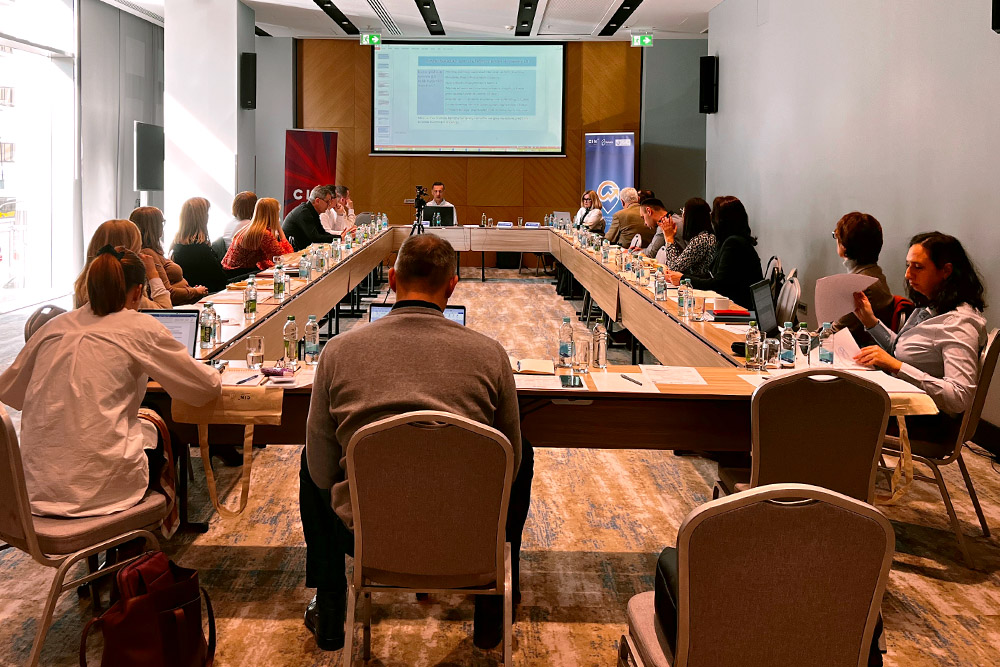The roundtable, organized by the Center for Investigative Reporting (CIN) in collaboration with partner organizations GEA and Futura, discussed the role of budget inspectors, whose numbers are insufficient in Bosnia and Herzegovina for adequate control of public spending.
Participants in the roundtable “The Work of Budget Inspections in BiH – Discrepancy Between Expectations and Real Possibilities?” concluded that Bosnia and Herzegovina lacks the capacity for inspecting budgetary matters.
The role of budget inspection is to oversee the legality of public spending. However, an analysis conducted by the Center for Research and Studies – GEA revealed that budget inspection in the Federation of Bosnia and Herzegovina, Republika Srpska, and Brčko District lacks both material-technical and human capacities for its work to yield adequate results.
Representatives from audit offices, institutions at various levels of government in BiH, tax administrations, international organizations, and civil society attended the roundtable. Throughout the discussion, they emphasized the importance of having a budget inspection.
Budget Inspector Besima Midžić from the Una-Sana Canton stated that their role is neglected in the system. She mentioned the need to organize through systematization so that they have their budget inspection sector with a greater number of inspectors, as she currently covers six thousand budget users.
“What is most important is that the role of the budget inspector is neglected. It was imposed; cantons had to have budget inspectors, and only when the results and effects of the budget inspector were demonstrated did we become a burden to cantonal authorities because no one wants any control,” said Midžić.
The issue of an insufficient number of budget inspectors represents a bottleneck in terms of capacity to monitor all budget processes and promptly address issues, commented GEA’s Program Director, Ognjen Đukić. He is the author of the document “Budget Inspection in BiH: Gap Between Expectations and Real Possibilities,” presented to the participants.
One of the key conclusions of this research is that the work of budget inspections in BiH lacks transparency, and it is necessary to establish a practice of regularly producing and publishing annual reports on the work of budget inspections to inform the public.
“Basic information about their work and results is not publicly available, and it was difficult to obtain even through formal requests and direct communication with representatives of relevant institutions,” said Đukić.
Vladislav Jakovljević, the president of GEA, emphasized that in addition to a larger number of inspectors, more concrete work plans and reports on the execution of work plans are necessary. It is also crucial to prescribe specific aspects of the work of budget inspection in more detail to increase the independence, transparency, and professionalism of inspectors.
“Public, and thus civil society organizations, can significantly improve their knowledge and advocacy for changes based on the reports of budget inspections that are often overlooked,” highlighted Leila Bičakčić, the director of the Center for Investigative Reporting (CIN).
The roundtable is one of several activities organized by CIN in collaboration with partner organizations “Futura” from Mostar and the Center for Research and Studies – GEA from Banja Luka within the project “Strengthening the Capacity of Civil Society Organizations for Monitoring Public Budgets.”
The project aims to contribute to the fight against corruption by raising the level of fiscal and budgetary transparency through active involvement of civil society in monitoring public budgets.

